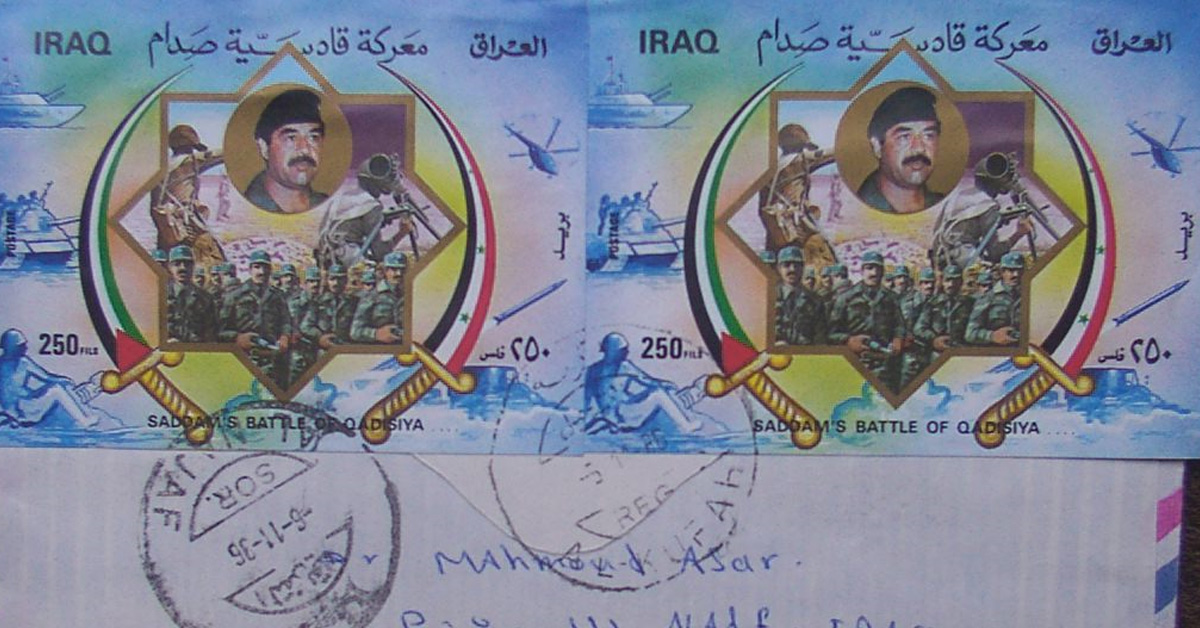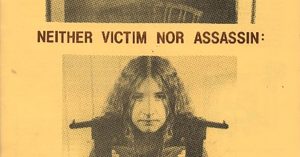
When I first started my research on propaganda and culture in Iraq under Saddam Hussein, the study of propaganda was considered rather dated, or was relegated to the study of European fascism, Stalinism or dictatorships in post-colonial nation states. Even in those fields, scholars were encouraged to look for more nuanced and methodologically rigorous terminology. There was of course, Roland Barthes’ seminal text ‘Mythologies’ (1957) which examined the way in which supposedly ‘innocuous myths’ attempted to pass consumer capitalism off as ‘normal’, ‘middle ground’ or as ‘the way things always were’, but Barthes didn’t even use the word ‘propaganda’ in the entire text.
Today, in an increasingly fragile social and political order, the normalization of ‘othering’ discourses, and the rise of an array of extremist ideologies aided by technological advancements in media, the term ‘propaganda’ could not be more relevant. In my book ‘Women, Writing and the Iraqi Ba‘thist State’, I examine the ways in which Iraqis have utilized the novel in order to counter propaganda narratives, be they authoritarian Ba‘thist or western imperialist. These attempts are firmly rooted in an Iraqi Arab context, but I believe also relate more broadly to issues of cultural resistance.
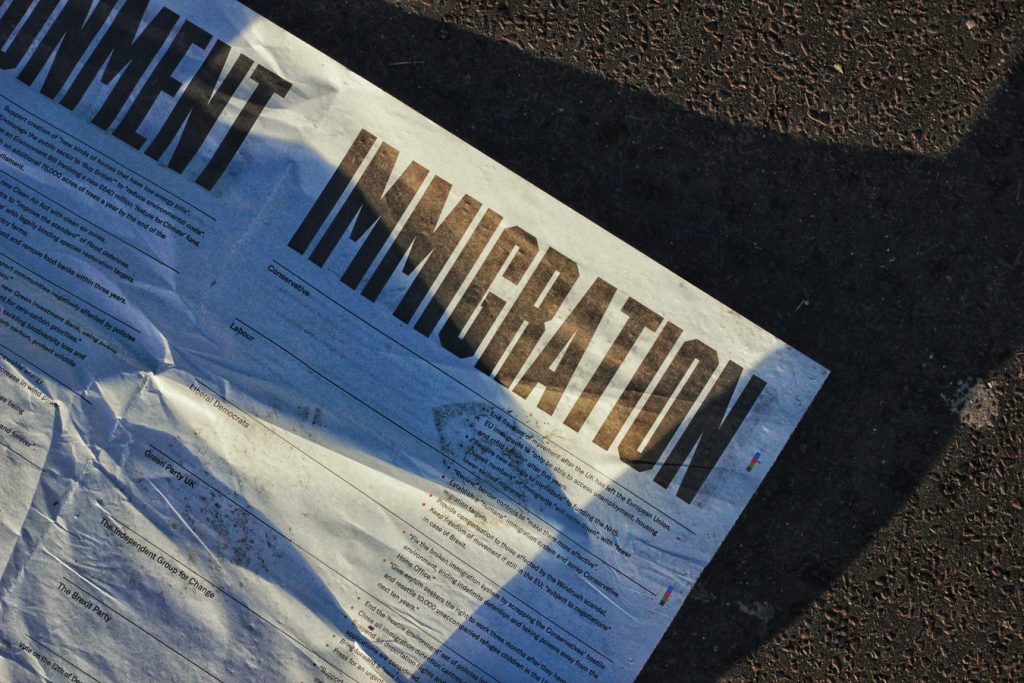
Counter propaganda narratives
First, some Iraqi authors sought to ‘fight fire with fire’ as I term it in the title of one of the book’s chapters, whereby propaganda is met with a counter-propaganda that reuses some of the target discourse’s tropes and symbols. For example, the religious novels of Iraqi Shia used an Islamic utopian ideal of women to compete with a secular Ba‘thist one, focusing on the female body as a site of contention. In so doing both narratives saw women as pure nationalist symbols and thus produced unrealistic and one-dimensional literary characters.
Although the use value of ‘counter-propaganda’ texts is relatively high due to their simple messages and potential for mass appeal, they have no staying power in the long term, and usually have a limited audience beyond the ethnic, political or religious group identities they express. This exclusive outlook means that counter-propaganda is essentially just propaganda, which tends to produce its own counter-propaganda and risks perpetuating vicious cycles of othering and discourses of intolerance.
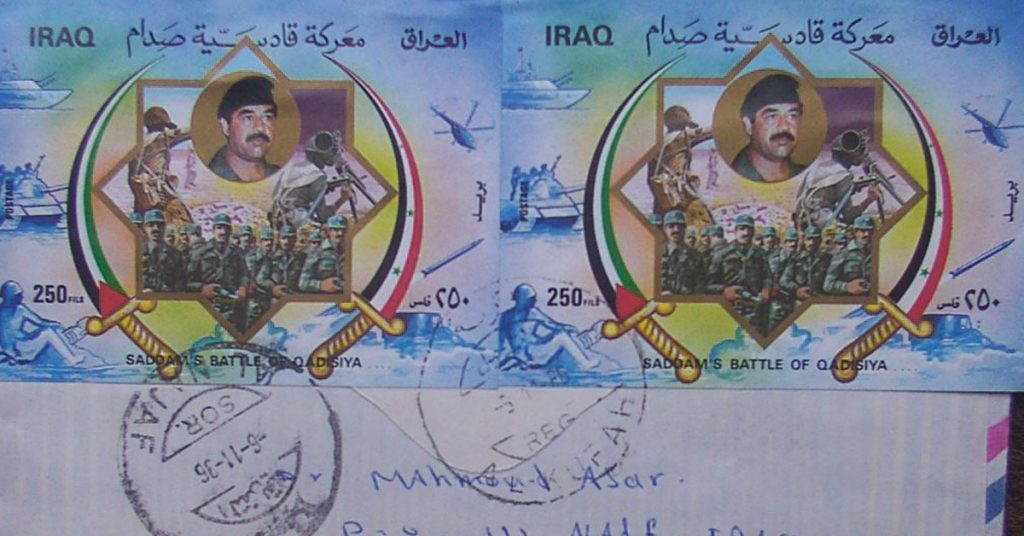
The personal touch
Second, by using complex personal narratives which resist propaganda’s tendency to simplify and categorize. By complex, I don’t just mean in terms of content, I also mean in terms of form and genre which challenge the very structure of propaganda. Authors in the chapter on autobiographical writing in English straddle the boundaries between poetry and prose, between their identities as Iraqi Arabs and citizens of the world, and in some cases even resist ideologies of exclusive female solidarity. Uncertainty is celebrated in the face of propaganda’s arrogant confidence and the unreliability of memory is a recurrent theme reflected in narrative lapses and non-linear fluid forms. Most importantly in the Iraqi context, is the economical use of language, as brevity becomes a way of resisting the long-winded ‘over-language’ and indulgent narrative excess of state-sponsored propaganda novels.
Dystopian Visions
Third, by using dystopia to paralyze discourses of utopia, which I think lie at the heart of all propaganda. I touch upon some of these dystopian texts in the book’s conclusion, arguing that instead of being merely pessimistic, dystopian narratives can be actively resistive if they do not fall into nostalgia for the past, which was the case with some pro-Ba‘th texts written after the American invasion of Iraq in 2003. By showing us what the worst possible future could look like, rather than imagining a utopian golden age in the past, dystopian texts serve as a warning should we be tempted to believe that violent political interventions will ever yield a truly peaceful and fair society.
About the Author
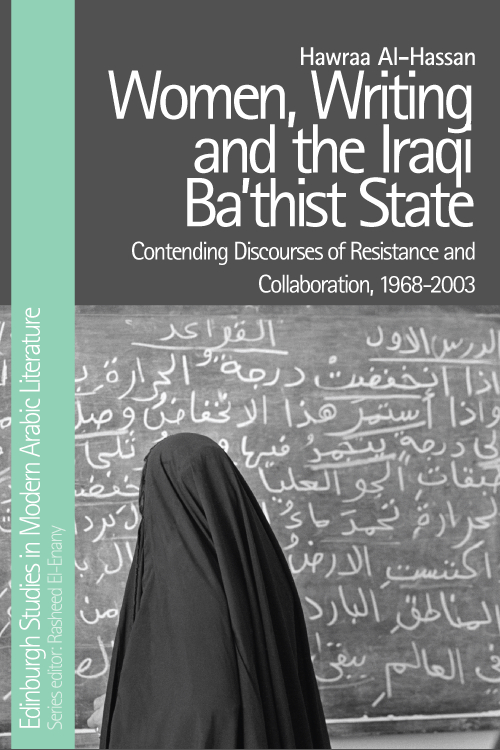
Hawraa Al-Hassan is a visiting researcher at the Centre of Islamic Studies, Cambridge University. She is interested in the cultural and intellectual history of the modern Arab world, particularly prose texts and expressions of religious and nationalist identities. Hawraa completed her PhD at Cambridge on ‘Literature and Propaganda in Iraq: The Novels of Saddam Hussein as a Case Study’. Her first book ‘Women, Writing and the Iraqi Ba‘thist State: Contending Discourses of Resistance: 1968-2003’ examines the ways in which both the novel and the ‘Woman Question’ became symbolic sites of contention between state litterateurs and the Ba‘th’s opponents.


